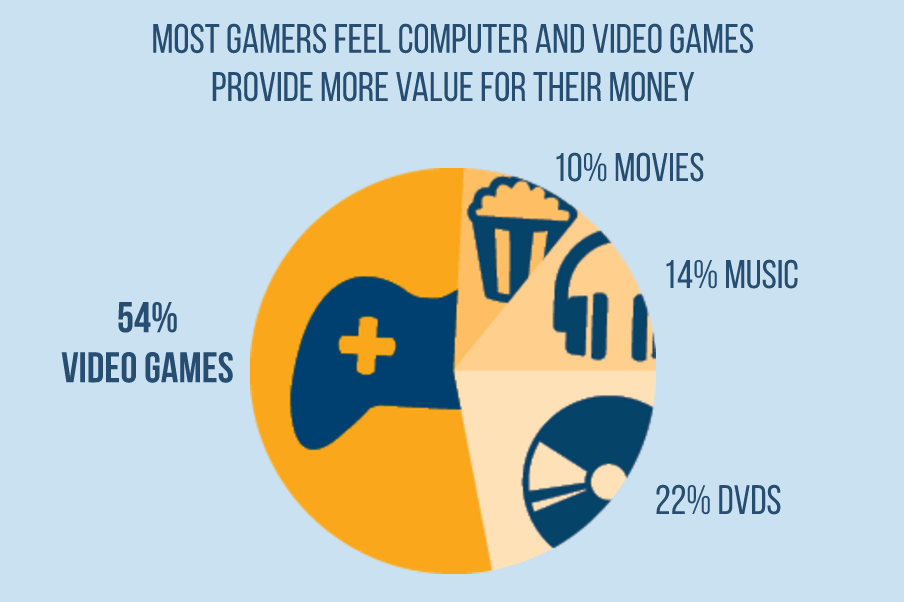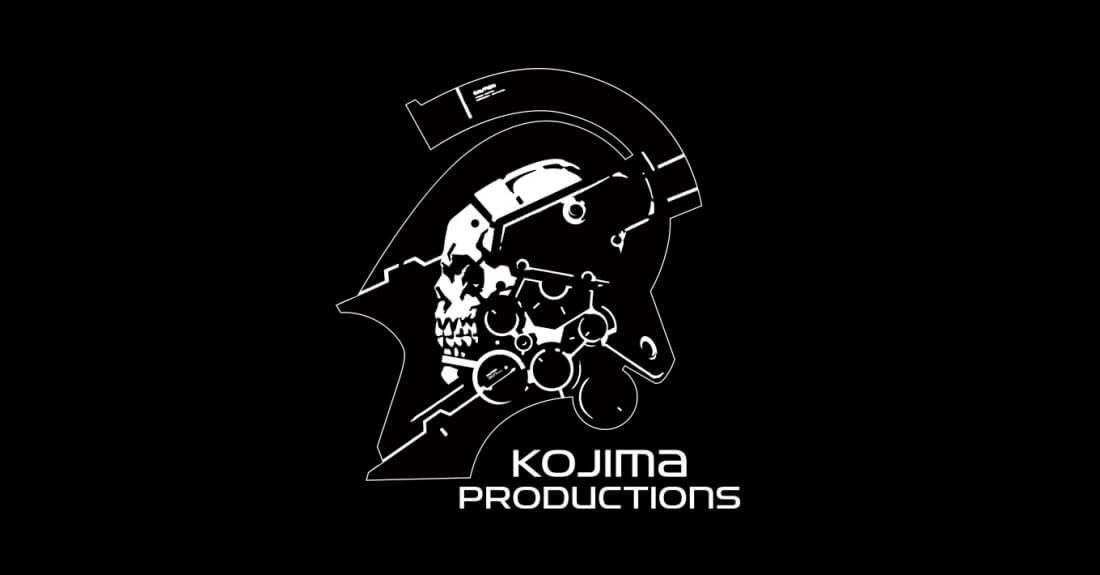
Earlier today we reported how digital downloads accounted for 74 percent of generated video game revenues. These totals included full game, subscription, expansion and add-on content, mobile apps, and social media sales. Total gaming revenue for 2016 was about $30 billion, and according to the Wall Street Journal, $4.78 billion of that was from the sale of downloadable content (DLC).
As publishers continue to perpetuate a “games as a service” mentality, add-on content is going to continue playing a larger and more important role in developers’ and publishers’ business models. For some companies, sales of add-ons account for nearly half their revenue.
“Analysts say add-ons' popularity is a major reason stock prices have more than tripled in the past five years at game giants Activision Blizzard Inc., Electronic Arts Inc., Take-Two Interactive Software Inc. and Ubisoft Entertainment SA,” states WSJ.
While this is good for a gaming company’s bottom line, it could lead to less and less innovation, which seems to be the gaming community’s second biggest complaint, right behind corporate greed. Gamers like to complain that publishers are greedy and dole out bits and pieces of a game to soak consumers for as much as possible. Some examples do support this claim.
Of the nearly $5 billion that was made from DLC, EA took the biggest portion of the pie, bringing in $1.3 billion in add-on content revenue, according to IGN. That is over a quarter of EA’s total earnings for 2015. So to some extent, the corporate greed argument is valid.
However, gamers are the ones who, while griping about it, still fork over the money for additional content. If we are buying, companies will continue selling, and this is actually good for the overall health of the industry.
According to the Entertainment Software Association, "Most gamers feel computer and video games provide more value for their money."

However, as games cost more and more by way of DLC, this valuation is likely to change, especially with a lack of new product.
It is the gaming community’s second grievance that is more concerning from an industry standpoint. If developers continually stamp out cookie cutter designs and rely on squeezing every dime out of a game for years on end, they run the risk of eventually running off their fans. Take Blizzard, just as an example.
The vibe in the Blizzard forums is that people are already getting tired of waiting for developers to at least announce Diablo 4 is in the works. They have been playing D3 for five years now and are ready for something new. In Blizzard's defense, it probably is working on a sequel, but it may be holding its cards too close to the vest. Developers have to throw gamers a bone now and then where information is concerned.
However, stamping out sequel after sequel is not very innovative either, and this is not necessarily a bad thing. After all, some of the best-selling franchises have had very little innovation between iterations. Just look at Call of Duty or God of War or just about any sports title out there. If the title is profitable, it will last until it runs out of steam, but just pumping out a clone with a different storyline and slapping a number after the title is not always the best option.
Independent video game developers have seen significant growth in recent months. Just recently, the Globe and Mail reported that Patrice Désilets, creator of the Assassin’s Creed series left Ubisoft to found his own independent studio. Speaking of Assassin’s Creed, Alex Hutchinson, the creative director behind Assassin’s Creed 3 also set off to start a studio. Before them, Metal Gear Solid mastermind Hideo Kojima started Kojima Productions as well.

I believe what all of these creators have in common is that they are innovators that see the direction the huge corporations are taking and do not want to go down that road. They see that the corporate mentality is killing creativity in the name of revenue growth. They would rather completely give up what they, themselves, created (in the case of Désilets and Kojima) and start from scratch than be responsible for running their creations into the ground. They want to invent something new and compete against the franchises that they built.
There is a delicate balance that needs to be maintained here by game producers. Gamers will eventually tire if not provided with enough variety, but they need to keep in mind that variety is not the only thing that ensures a player continues paying them. If they cannot provide new brands that pioneer gaming in new directions, players will lose faith and move to a company that shows such promise. But this would not be so bad either. It would herald in an era where independent studios could bring us innovative ideas, while holding their own against the corporate giants.